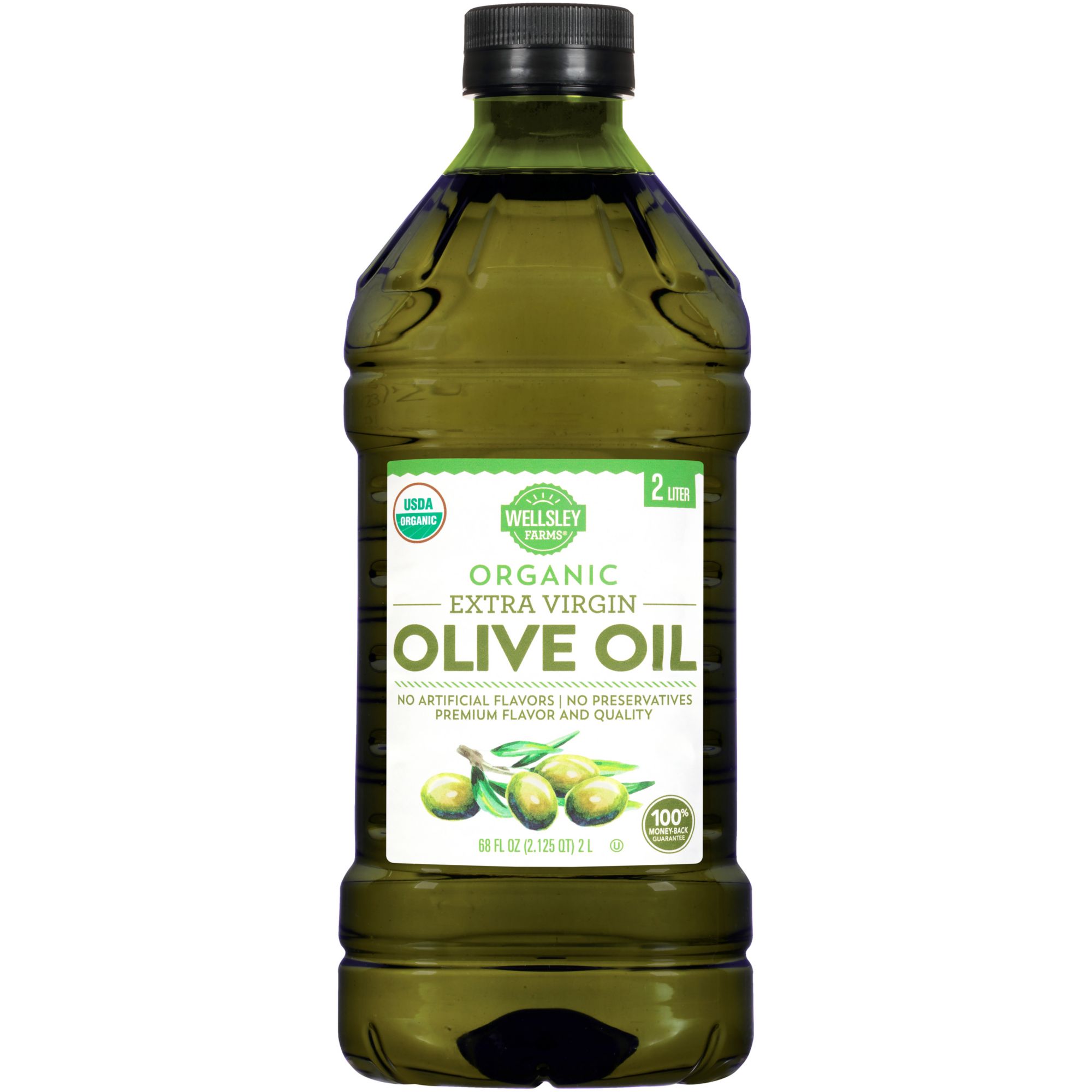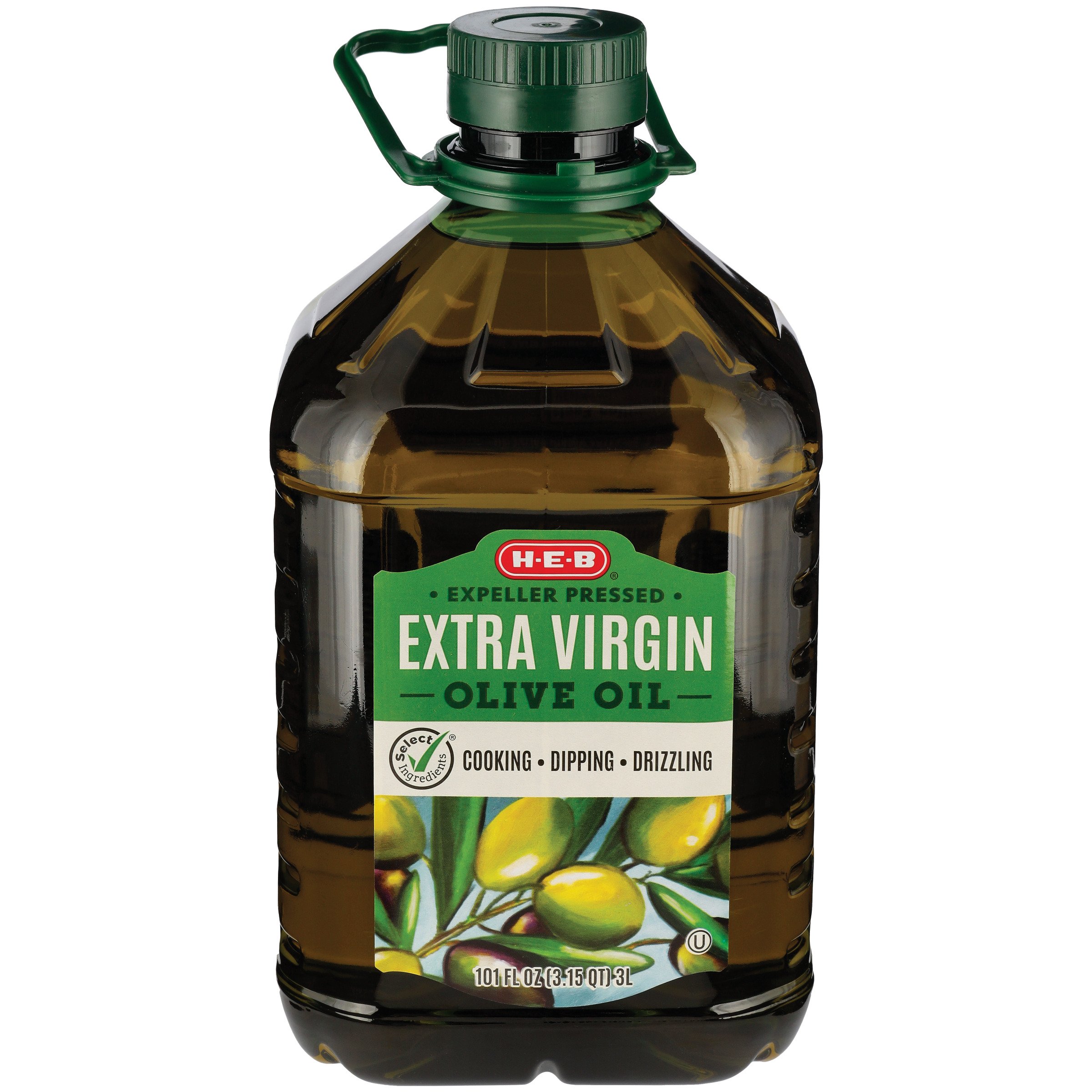Checking Out the Different Sorts Of Olive Oil and Their Usages, Including Extra Virgin Olive Oil
The exploration of olive oil incorporates a diverse variety of kinds, each offering cooking applications and distinctive flavors. Bonus virgin olive oil, renowned for its exceptional top quality and wellness advantages, serves as a staple in numerous kitchen areas, yet it is only one element of this multifaceted active ingredient.
What Is Olive Oil?
Stemmed from the fruit of the olive tree, olive oil is a staple in Mediterranean cuisine and a crucial active ingredient in various cooking applications. This versatile oil is generated by pressing whole olives, leading to a liquid that varies in shade, scent, and taste relying on the sort of olives made use of, the area of growing, and the removal procedure. Olive oil is mostly made up of monounsaturated fats, specifically oleic acid, which is known for its possible wellness benefits, including anti-inflammatory buildings and cardiovascular assistance.
In addition to its cooking uses, olive oil has a lengthy history of application in standard medication and skincare, owing to its abundant antioxidant content (extra virgin olive oil benefits). The oil is commonly made use of in dressings, marinades, and for cooking approaches such as sautéing and roasting. Its unique flavor account can boost the taste of various meals, making it an essential ingredient for both home cooks and specialist chefs
Furthermore, olive oil is commemorated for its role in the Mediterranean diet regimen, which is connected with many health and wellness advantages. As understanding of these advantages expands, olive oil remains to get popularity worldwide as an essential element of a healthy way of life.
Kinds of Olive Oil
Understanding the various sorts of olive oil is vital for both cooking lovers and health-conscious customers. Olive oil is identified mostly based upon its removal method and top quality, which considerably impacts its taste, wellness, and aroma benefits.

Light olive oil, regardless of its name, describes a lighter taste and not lower calories. It is suitable for those seeking a much more refined preference in dressings and sauces. Furthermore, there are flavorful olive oils instilled with natural herbs, spices, or citrus, which can enhance meals without the need for additional seasoning.
Each sort of olive oil serves certain cooking functions, and comprehending these distinctions allows consumers to make informed selections that line up with their cooking designs and health and wellness goals.
Bonus Virgin Olive Oil
Additional virgin olive oil (EVOO) is commonly considered as the finest olive oil available, renowned for its rich taste and numerous wellness advantages. To be classified as additional virgin, the oil must be created from fresh olives making use of mechanical processes, without the usage of solvents or excessive warm. This meticulous technique maintains the oil's natural flavors, anti-oxidants, and healthy fats, leading to a product with a reduced level of acidity level of much less than 0.8%.
EVOO is bountiful in monounsaturated fats, especially oleic acid, which is connected to decreased swelling and enhanced heart health. It likewise includes polyphenols, effective anti-oxidants that may use safety effects versus persistent diseases. The flavor account of EVOO can vary dramatically depending on the olive range and area of manufacturing, varying from grassy and fruity to robust and sharp.
Culinary Utilizes of Olive Oil

In food preparation, olive oil can be utilized for sautéing, roasting, and barbecuing, offering a healthier choice to butter or various other fats. Its high smoke point makes it appropriate for different cooking techniques, check out this site while its antioxidants add to a heart-healthy diet. Drizzling olive oil over ended up recipes, such as pasta, fish, or barbequed vegetables, can elevate tastes and include a touch of sophistication.
Furthermore, olive oil plays a significant role in cooking, where it can replace traditional fats in dishes for bread and pastries, giving wetness and a subtle preference. It likewise serves as a base for infused oils, permitting chefs to experiment with tastes such as garlic, herbs, or chili, further increasing its cooking potential. On the whole, olive oil's adaptability makes it vital in both home and expert cooking areas.
Deciding On Quality Olive Oil
When selecting top quality olive oil, it's important to think about numerous essential factors that influence the item's flavor, fragrance, and health benefits. Decide for additional virgin olive oil (EVOO), which is derived from the first chilly pushing of olives and contains the greatest degrees of anti-oxidants and beneficial compounds. Look for oils that are certified by identified companies, as this usually guarantees adherence to rigid top quality criteria.
The packaging also plays a significant function in protecting the oil's stability. Select oils saved in dark glass containers or tins to shield versus light degradation. Focus on the harvest day; fresher oils provide remarkable taste and dietary worth, so pick items that are within 18 months of their harvest.
In enhancement, take into consideration the beginning of the oil. Top quality olive oils often come from particular regions known for their distinct flavor profiles, such as Italian, Spanish, or Greek oils. Finally, be aware of the preference; a high quality olive oil should have a balance of fruity, bitter, and sharp notes, showing its splendor and intricacy. By evaluating these variables, you can guarantee you are selecting the ideal olive oil for your culinary requirements.
Conclusion
In recap, the expedition of various kinds of olive oil exposes distinct characteristics and applications, with added virgin olive oil standing for the pinnacle of quality as a result of its low level of acidity and high antioxidant material. Its adaptability in cooking uses enhances tastes in dressings, marinates, and sprinkles. Understanding the various ranges of olive oil permits notified choices in food preparation methods, advertising healthier methods while enriching the general gastronomic experience. Quality selection stays essential for optimum benefits.
Acquired from the fruit of the olive tree, olive oil is a staple in Mediterranean food and an essential active ingredient in various culinary applications.The most typical kinds of olive oil consist of fine-tuned olive oil, pure olive oil, and light olive oil.Bonus virgin olive oil (EVOO) is widely related to as the greatest high quality olive oil readily available, renowned for its rich flavor and click site various health and wellness advantages. Decide for additional virgin olive oil (EVOO), which is obtained from the first chilly pushing of olives and has the greatest levels of anti-oxidants and valuable substances.In recap, the expedition of numerous types of olive oil reveals unique attributes and applications, with added virgin olive oil standing for the pinnacle of top quality due to its reduced acidity and high antioxidant web content.
 Haley Joel Osment Then & Now!
Haley Joel Osment Then & Now! Barret Oliver Then & Now!
Barret Oliver Then & Now! Charlie Korsmo Then & Now!
Charlie Korsmo Then & Now! Atticus Shaffer Then & Now!
Atticus Shaffer Then & Now! The Olsen Twins Then & Now!
The Olsen Twins Then & Now!